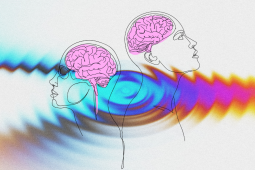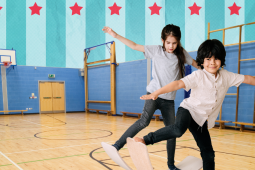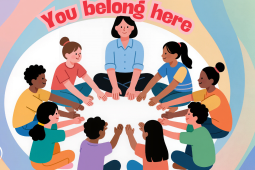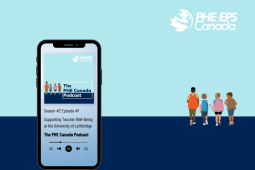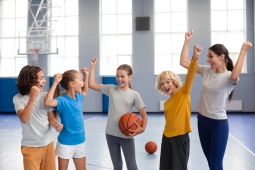Physical Education: A Right or a Privilege?
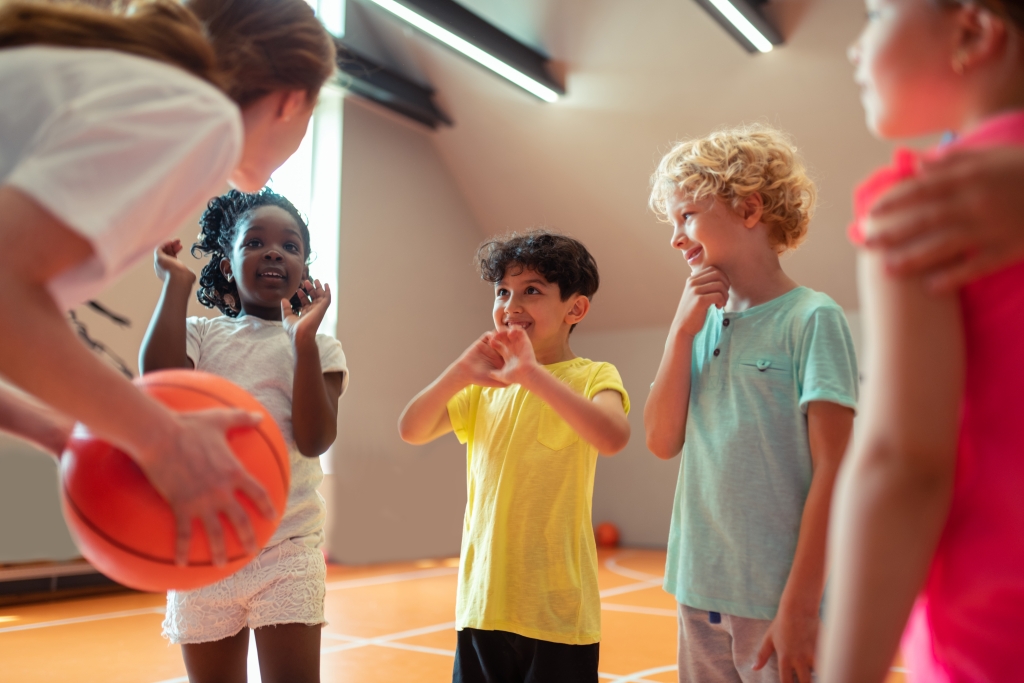
Previously published in Volume 83, Issue 3
Recently, I was a supply teacher at an elementary school and I overheard a comment that really bothered me. During an afternoon nutrition break I was responsible for supervising three different classrooms while they finished their lunches. The grade 5 classroom was particularly loud and I could tell by surveying the room that students had a lot of energy that needed to be released. Most of them were out of their seats either socializing with friends or running between the desks counting down the minutes until the recess bell rang.
While I was in this classroom trying to keep the peace a teacher walked in and said, “This afternoon we have science and physical education. If you aren’t quiet and cooperative during science than we are not having physical education.”
I immediately heard a few students moaning and one boy mumbled, “That’s not fair!”
Shortly after the teacher left, the recess bell rang and there was a swarm of students making their way out of the classroom and down the hall to enjoy a beautiful sunny day.
As I walked to the staff room to get my lunch I pondered to myself, "Is physical education a right or a privilege?". This prompted a whole slew of questions: Why are teachers threatening to take away one of the most important subjects? What kind of message does this send to students about the importance of PE? Why are math, literacy and science viewed as “untouchable subjects” that are never shortchanged? Should I have intervened after the teacher spoke and said, “What your teacher meant to say was that if you finish the science task for today there is a possibility everyone can go outside for physical education a bit early?"
As a health and physical educator and advocate my personal opinions are biased. I have always loved being physically active. It is my hope to instill this passion and love for PE to the teacher candidates I teach. I enjoy being a positive and healthy role model to my one-year-old daughter and three-year-old son. My personal opinions aside, it's becoming impossible to ignore the growing bodies of research stating the plethora of health benefits associated with being physically active. In fact, there is incontrovertible evidence that regular physical activity contributes to the primary and secondary prevention of several chronic diseases and is associated with a reduced risk of premature death. (Warburton, Nicol, & Bredin, 2006, p. 807).
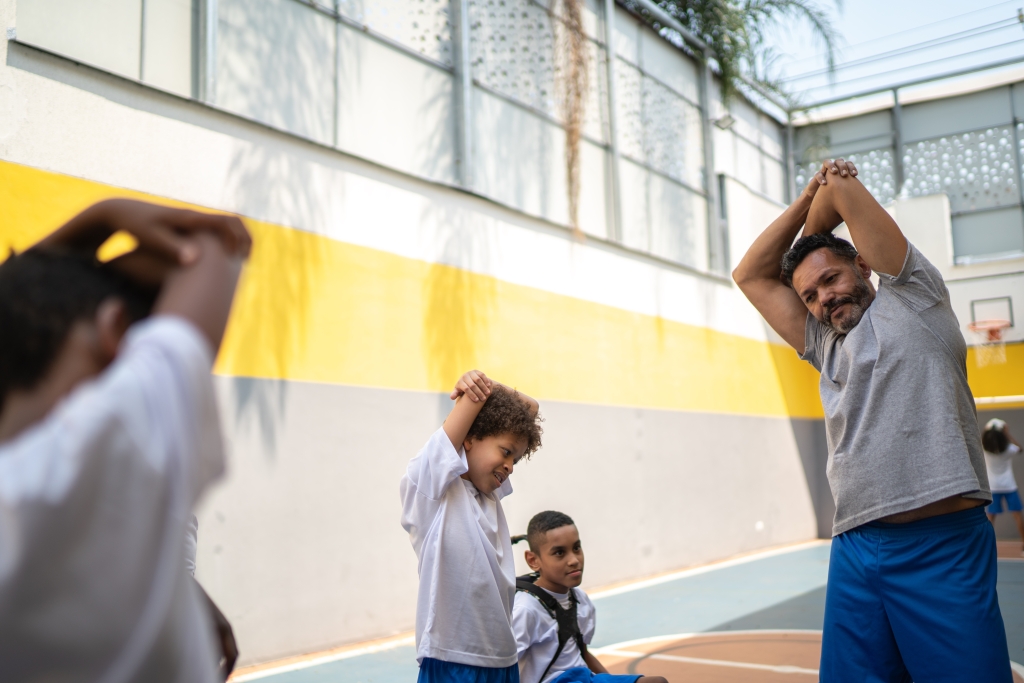
I love showing teacher candidates how to facilitate physical education because there is so much more to PE than sports. On the first day after I meet each student and introduce myself I ask my class to stand up and repeat after me.
“I will never take away PE because my class is misbehaving."
After the class repeats my PE pledge we discuss why physical education is so important and what kind of experiences students had in elementary and high school. I am always shocked how many teacher candidates raise their hands when I ask, “How many of you had a negative PE experience when you were younger?”. It breaks my heart to hear the reasons behind the anxiety, hesitation and hatred towards PE based on their prior experiences. The common responses I hear include: it was boring, all we did was run laps, it was too competitive, my teacher didn’t participate, I didn’t feel good enough, we only played dodge ball, I always got a low mark, I was never taught the skills, it was an unsupportive environment and there was a lack of passion.
Although it is difficult to change minds, attitudes and negative feelings I do my best by providing an open and supportive learning environment where teacher candidates can grow, learn and try new activities in a fun and non-judgmental space.
When teachers understand the positive impact physical education can have on growing bodies and minds, taking it away seems both counterintuitive and counterproductive. I have found that classrooms full of students who are loud, misbehaving, or having a hard time focusing need PE even more! Incorporating physical activity into the day positively impacts learning and behavior in the classroom (Morgan. P. J., & Hansen, V. 2008). I understand that teachers have an incredible amount of subjects and content to cover, however taking physical activity breaks during the day can really help improve on task behavior during academic instruction (Mahar, M. T. et al. 2006). So I end with the question, "Do you believe PE is a right or a privilege? And how can we shift school culture to value and appreciate health and physical education?"
References
Mahar, M. T., Murphy, S. K., Rowe, D. A., Golden, J., Shields, A. T., & Raedeke, T. D.
(2006). Effects of a classroom-based program on physical activity and on-task behavior. Medicine & Science in Sports & Exercise, 38(12), 2086-2094.
Morgan, P. J., & Hansen, V. (2008). Physical education in primary schools: Classroom teachers’ perceptions of benefits and outcomes. Health Education Journal, 67(3), 196-207.
Warburton, D. E., Nicol, C. W., & Bredin, S. S. (2006). Health benefits of physical activity: The evidence. CMAJ. 174(6), 801-809.



